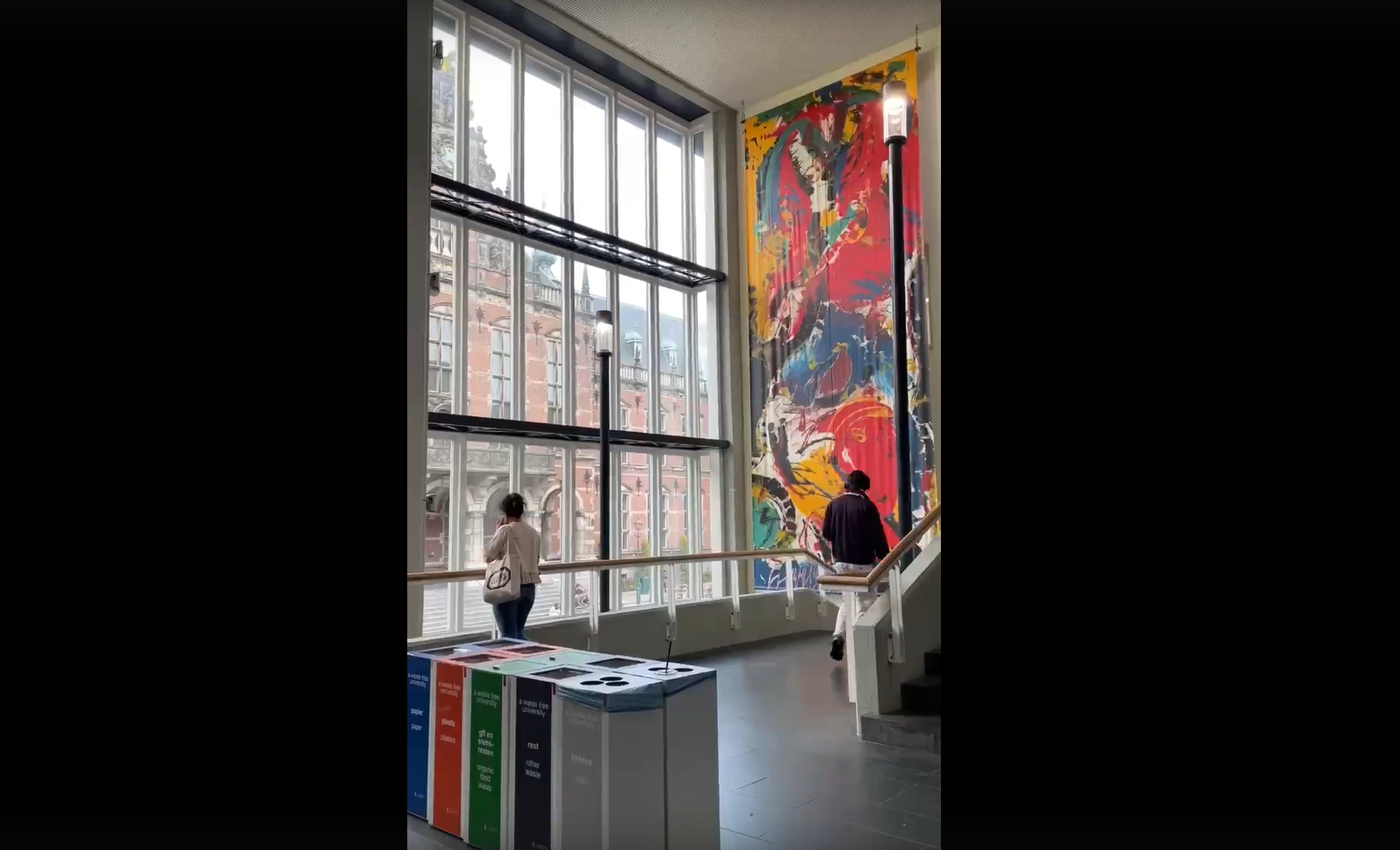Exchange studies at the University of Groningen
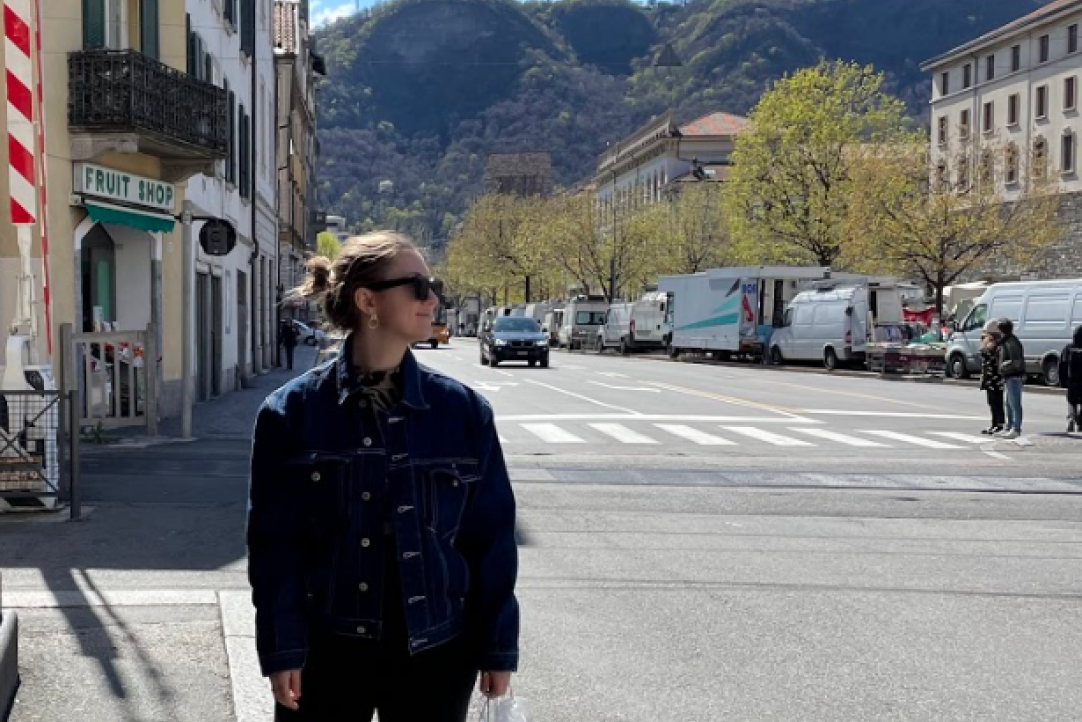
It happened so that my school friend also won the contest to participate in the exchange program at the University of Groningen, so we went through all the difficulties and experiences together. We flew to the Netherlands a few days before the orientation week in order to get used to the country and to walk around Amsterdam a bit.
On the 1st of February we checked into the apartment that we rented in Groningen and started preparing for the semester - we bought a couple of things we needed in the local Ikea, registered at the municipality and rented bikes. The latter turned out to be very easy - there are a few places in the city where you can rent a bike for 5 months, just as much as we needed. The price of a month comes out to be about 15 euros, and maintenance and repairs are included.
Although Groningen is quite small, it's really convenient to get around by bike - if you need to be on time for class, quickly get to the other end of the city, or just feel like a real Dutchie :)
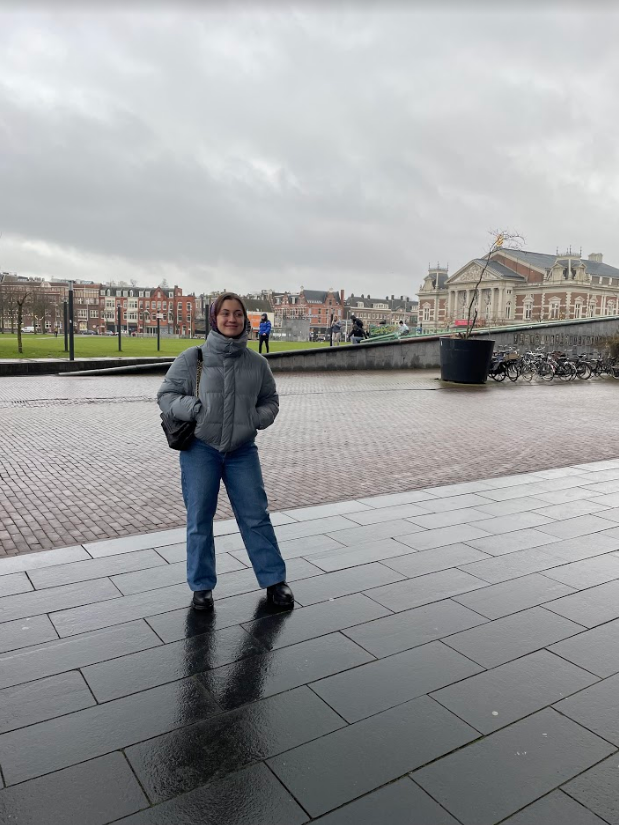
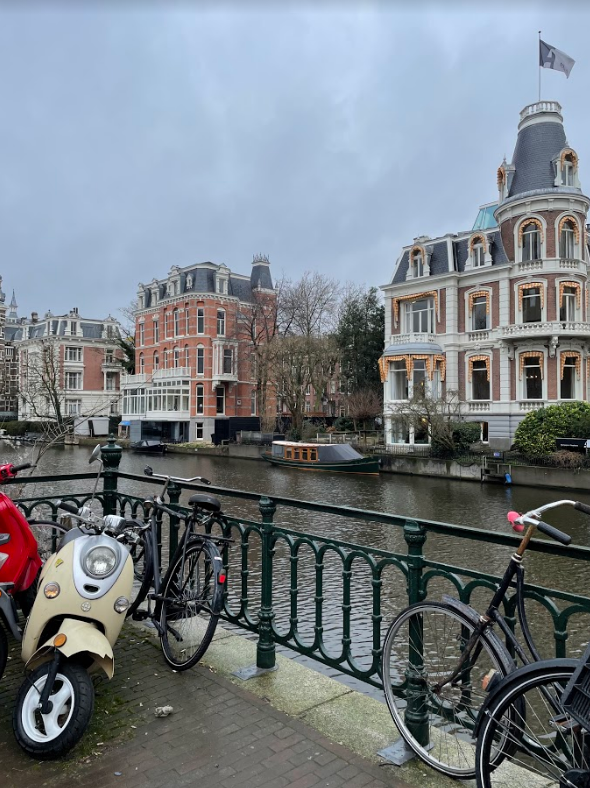
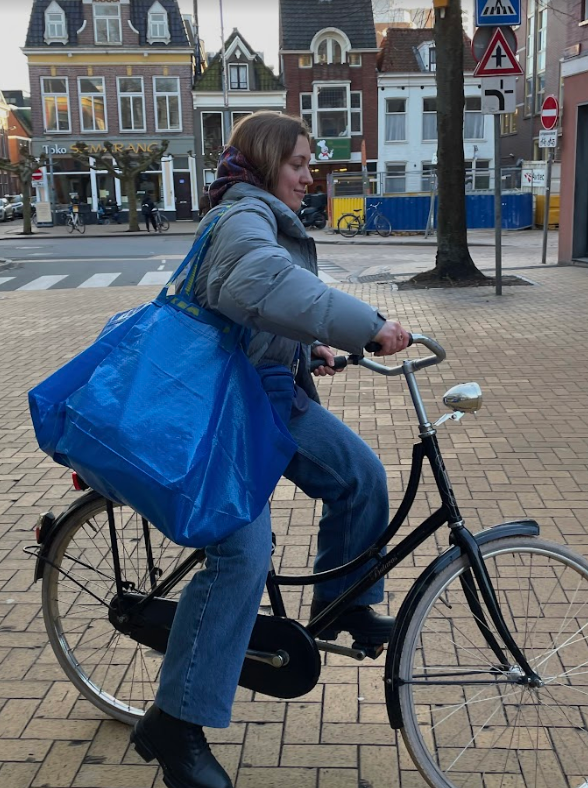
Groningen and life there
As you've probably heard, the weather in the Netherlands is very rainy. We've heard that too, but only truly realized it when we got soaked in an unexpected rain shower for the first time. The rain here can start sharply and last for 5 minutes, then just as sharply it stops and just as sharply it starts again, or it doesn't start at all for the rest of the day. That's why the locals don't pay much attention to it, otherwise, if people stayed home every time it rained, they would disappear from the streets completely :)
And in fact, we were lucky - this spring the weather was, one might say, abnormal - in March and April it was warm and dry, and people spent hours sunbathing in the local parks. And you do get used to all the other, rainy times. Something that helped me a lot was the app called "Buienalarm" (or "Drops"), which predicts precipitation practically by the minute.
Despite the occasional grey sky, people here seem very happy and relaxed. Absolutely everyone knows English to some extent, so it is not difficult to survive here without knowledge of Dutch, everyone is very friendly, even strangers often say hello (actually, “hoi!”) in the street. Since February, birds are singing incessantly around, and I think this is connected with the fact that people are singing incessantly here as well - someone is riding a bike and is singing their favorite song at the top of the voice, someone is walking and whistling a melody they have heard recently. Everyone seems very open and free.
Groningen is full of students - there are two big universities (University Of Groningen and Hanze University of Applied Sciences) and several smaller educational institutions. Students account for a quarter of the city's population!
Nightlife lovers will love it here - there's a party somewhere every day, and on Fridays and Saturdays the whole city center goes crazy. There are clubs and bars for almost every taste. In addition, at least in the spring, there are different festivals in the city - in May the center was turned into an amusement park for a couple of weeks, in April Groningen, like the whole country, celebrated King's Day, a week after which there was a music festival in one of the parks to celebrate Liberation Day.
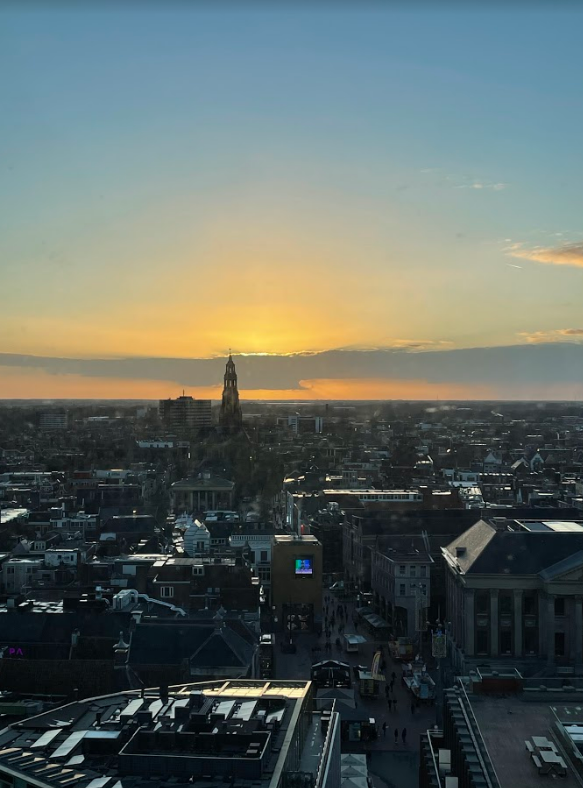
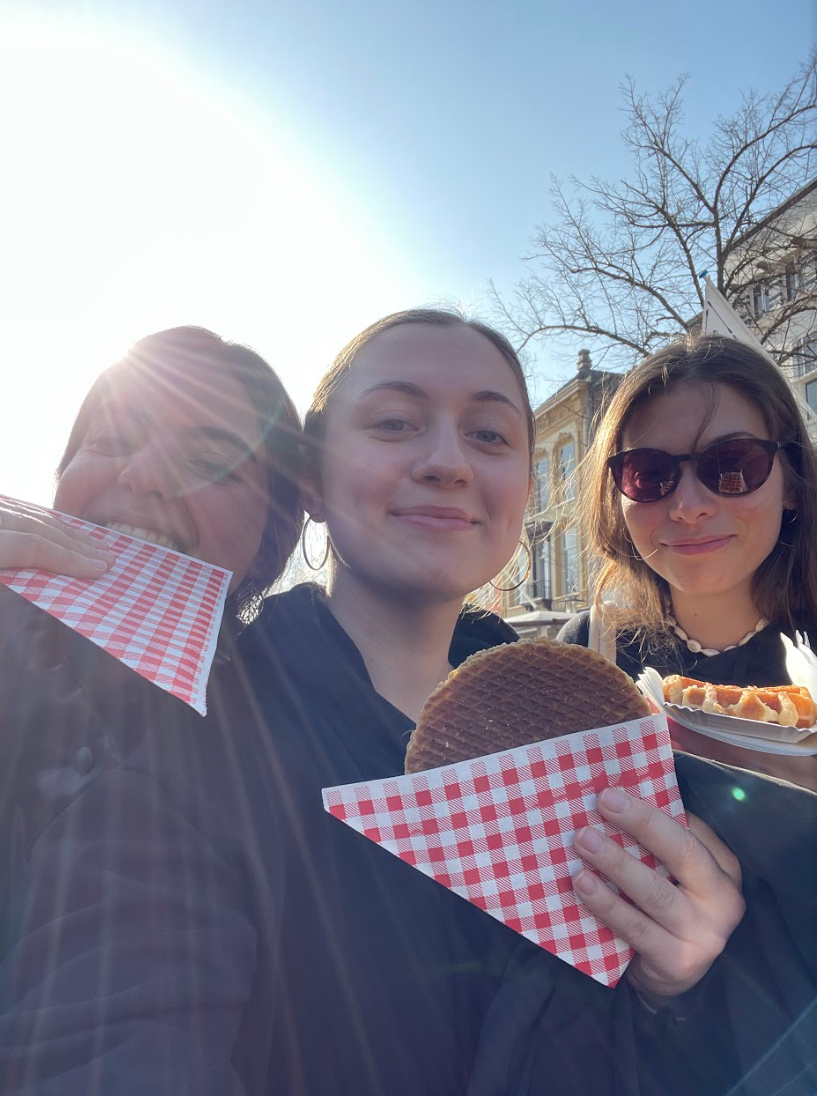
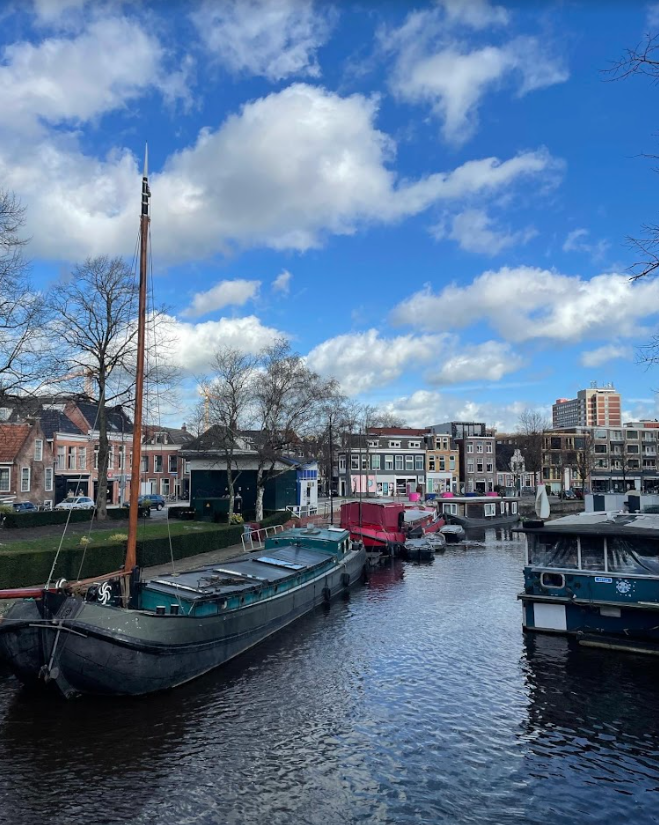
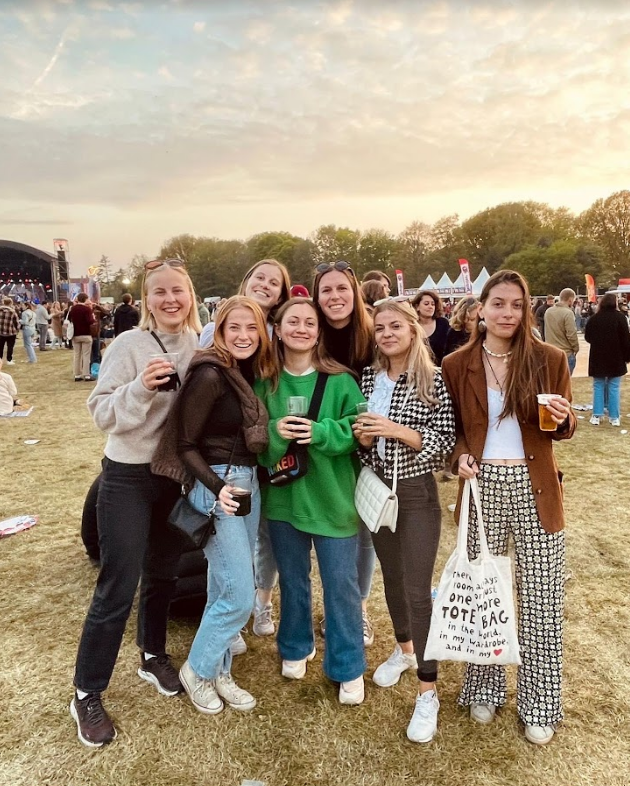
University
The University of Groningen, one of the oldest universities in the Netherlands, was founded in 1614. The main university building in the city center does resemble Hogwarts from the outside, but there are also more modern-looking university buildings in the city, one of which, Aletta Jakobs Hall, named after the first woman in the Netherlands to graduate from the university, is used entirely for exams - the building has several large halls with single desks with computers.
The academic year, like in HSE, is divided into 4 blocks, in each of which it is recommended to take 15 credits (usually 3 courses). The choice of disciplines is very diverse, and this was especially appealing to me when I was choosing a university to apply for exchange.
I was very pleased with each of my courses: some were from the local ‘Arts, Culture, and Media’ undergraduate program, while others were from ‘European Languages and Cultures’. Most of the time, the weekly assignments were to read academic (sometimes fiction) texts, annotate them with my thoughts on a special platform, or answer questions. These weekly assignments were not usually graded and were necessary for better preparation for the seminars, but their presence influenced admission to the exam. Final grades most often depended either entirely on the exam, or partly on the exam, and partly on a final paper (research essay). And in one of the courses in the last block we had to do a group project, which included the creation of a podcast and a series of photos.
Another course, called ‘Dutch Studies’, compulsory for exchange students, stretched over two blocks of the spring semester. It consisted only of (almost) weekly lectures and a final exam, and among the topics were Dutch film and literature, politics and history, media and religion.
The advantage of this course, I think, is that you could meet other exchange students in the lectures - it was pretty much the only academic activity that brought us all together.
Although other than that, of course, there's the ESN organization, which is an optional thing but is pretty useful. If you want to participate in ESN activities, it's important to find information before the exchange starts (it will probably be in one of the university newsletters, but you can find it yourself) and sign up for ESN Introduction Week. During this week, you'll join a group of exchange students before you start your studies, get to make your first contacts and have a great time, and later, as an ESN member, be able to take part in other activities - from trips to parties.
Also, there are various student organizations at the university, which may not be so convenient to become a part of just for five months, but you can attend their events. For example, one of the events is called Stukafest - in one evening you can visit several student houses, where representatives from different organizations and just creative students will perform: someone dances, someone raps, and someone tells stories.
For sports fans this is a paradise here - the largest student sports organization in the Netherlands is ACLO in Groningen. You can try more than 50 sports there! Almost unlimited access to all group lessons and courses costs only 50 euros for half a year.
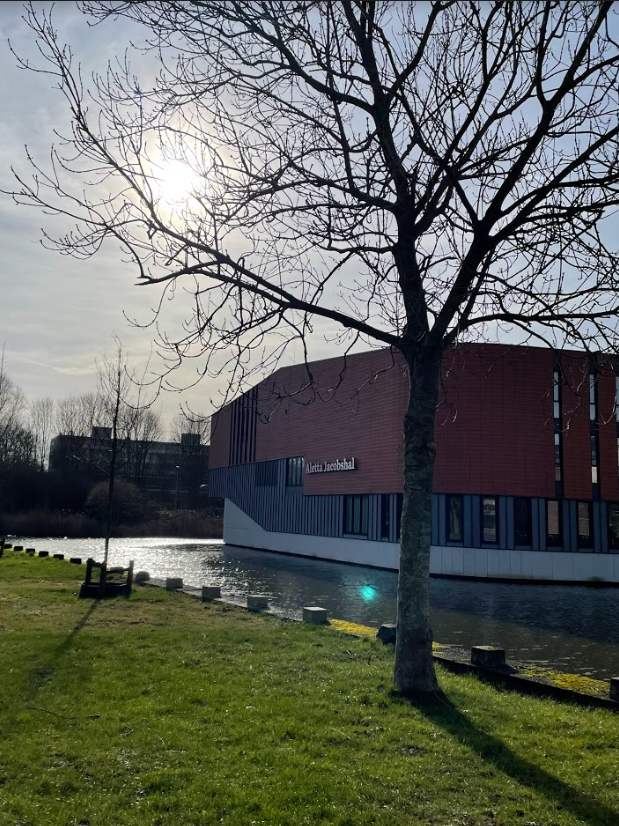
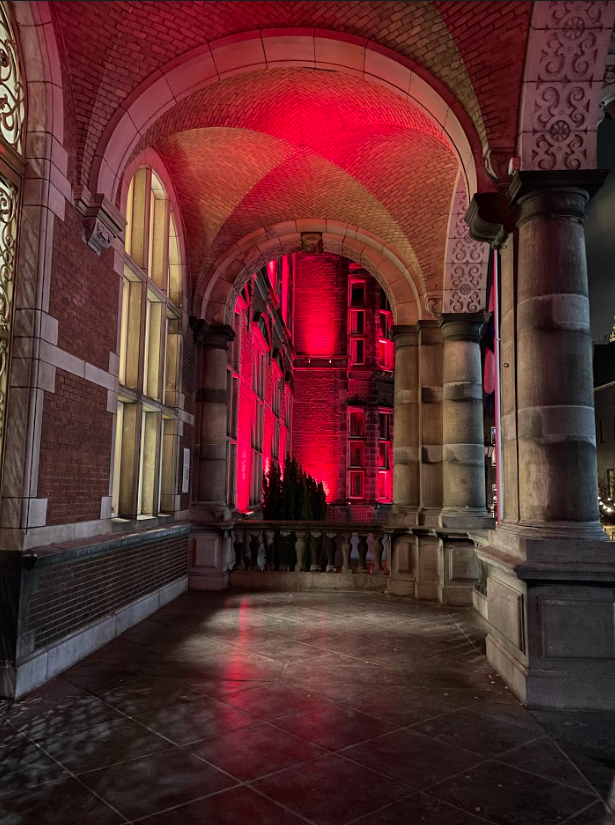
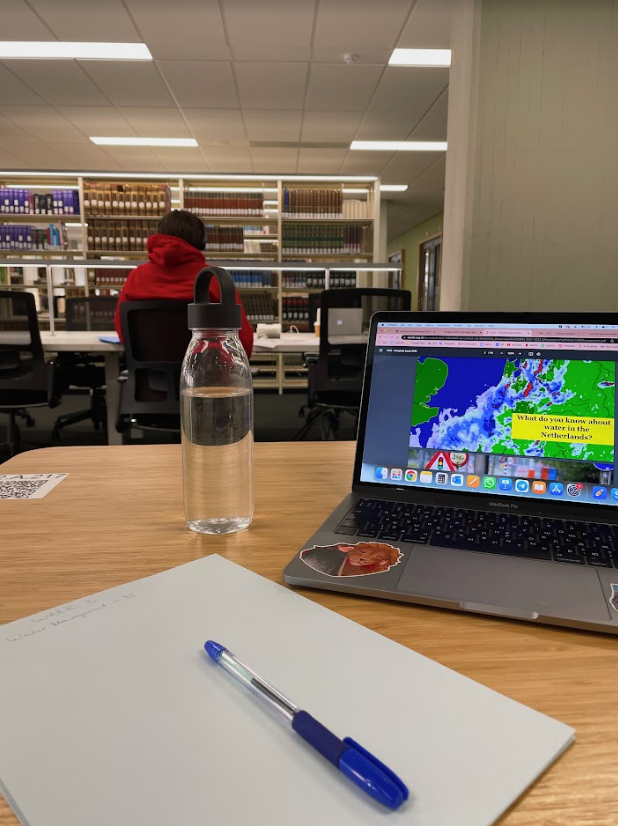
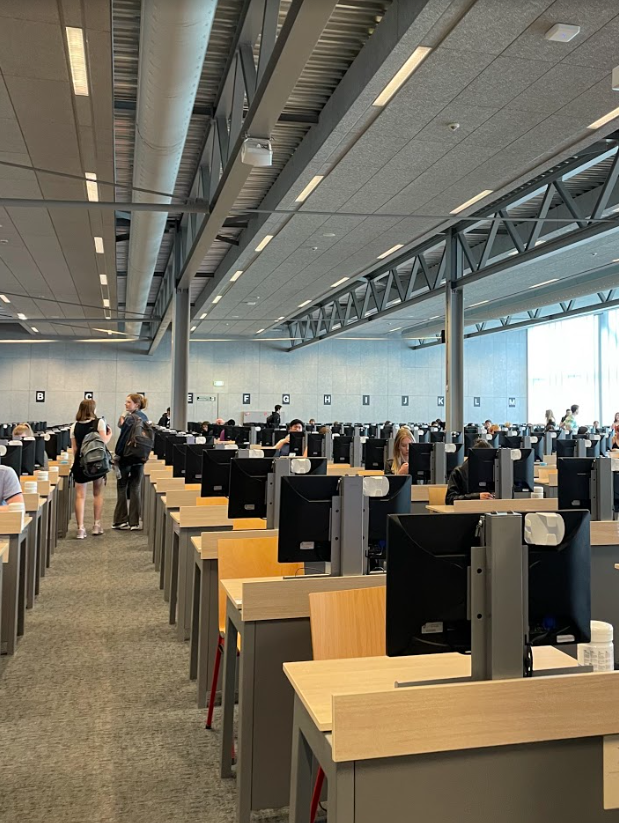
Travel
Within the country, you can travel by train or by bus to Amsterdam, Rotterdam, the Hague and other cities. For example, a two-hour one way train ticket from Groningen to Amsterdam costs 28 euros, and a two-hour one way Flixbus ticket costs from 10 euros depending on time.
Groningen is also quite close to the northern islands. The closest one is Schiermonnikoog - it takes about an hour by bus and 45 minutes by ferry to get there. We went there one day in March, and we were very lucky with the weather - it was quite warm and sunny, but of course very windy by the sea. You can take a bus to the coast and see the sea, lighthouse and dunes up close, find the streets with cafes in the center of the island, and then return to the port on foot (the island is very small) along the fields under the setting sun.
Well, let's not forget that we are in Europe, which means crossing borders with other countries is also very easy! Just two hours by bus and we're in a German town Bremen, and an hour and a half by plane from Amsterdam, and we're in Milan! In a short break in April, we took the second route and went to the north of Italy - in a short time we saw the city of Como, Verona, and Milan, and in the latter we even attended an Easter service in the Duomo Cathedral! There were a lot of impressions, but that's another story :)
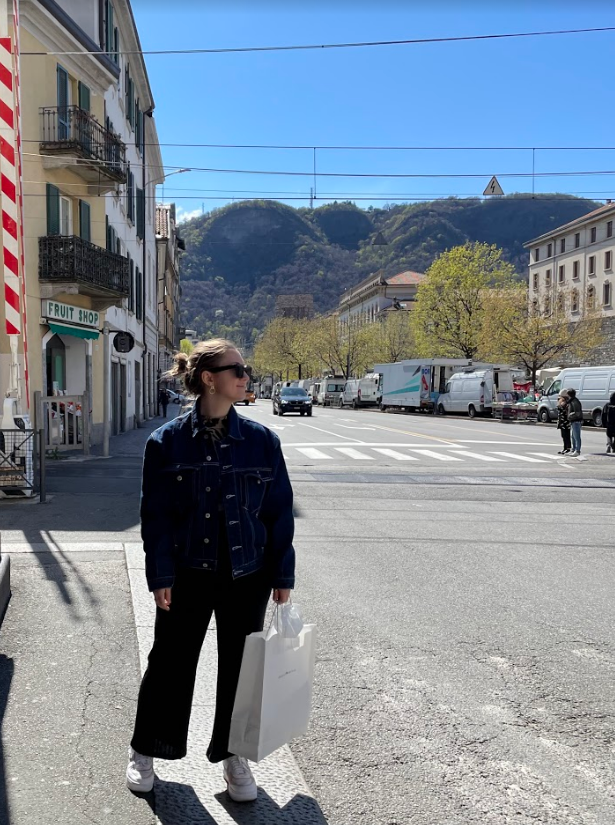
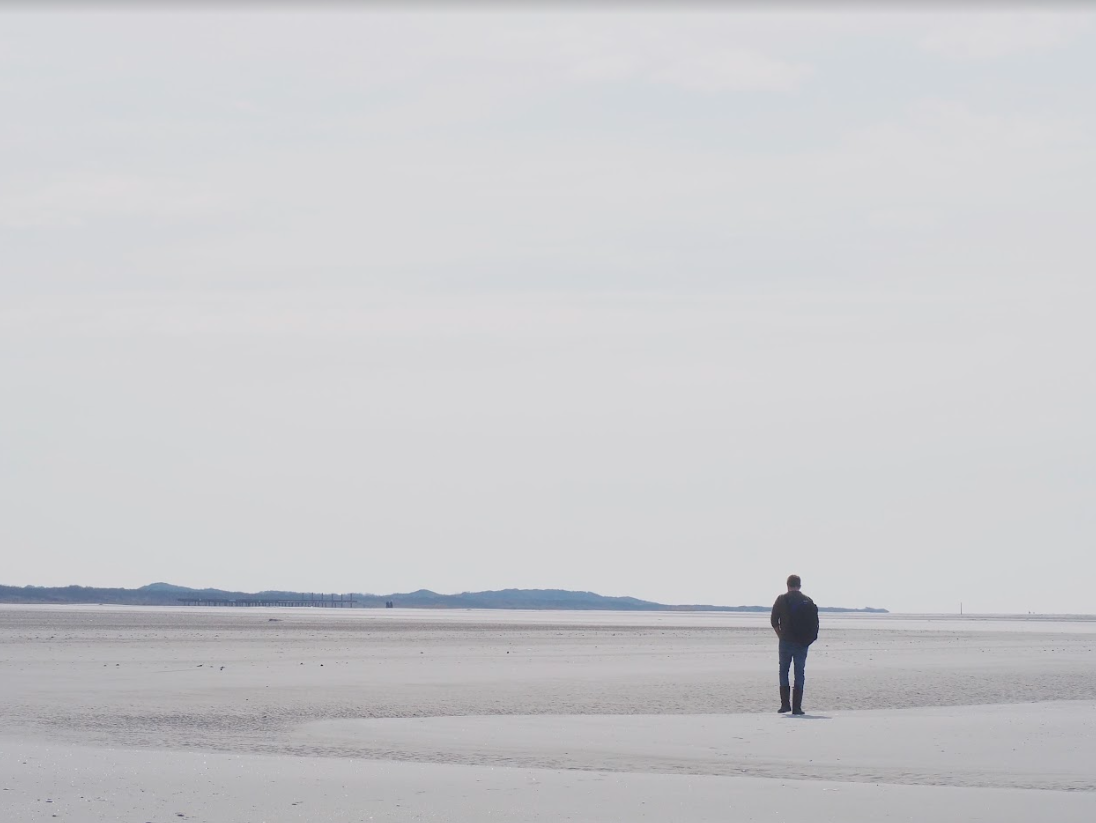
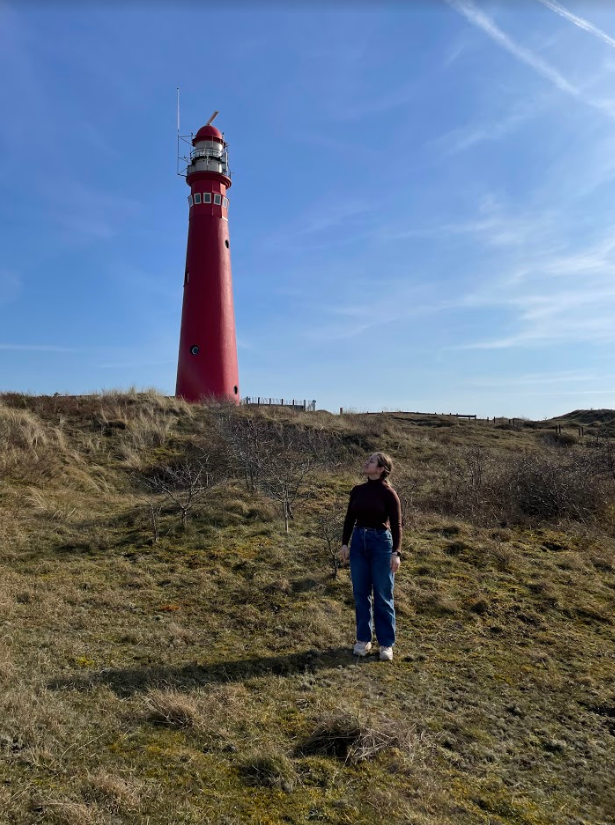
Reflection
I definitely gained a lot of experience and knowledge during these five months, and I am very grateful for this opportunity. I have no regrets about the choice of the university and the place, but I know that I wouldn't be able to live here in Groningen for too long. It's a pretty small town, you get used to it quickly, and the main entertainment here are still bars and clubs, and if you're not a big fan of them, like me, then at some point it can get a little boring. Though, of course, there are a couple of museums, cinema, and even a theater, you should not expect such a variety as in Moscow. So for me one exchange semester turned out to be perfect.
